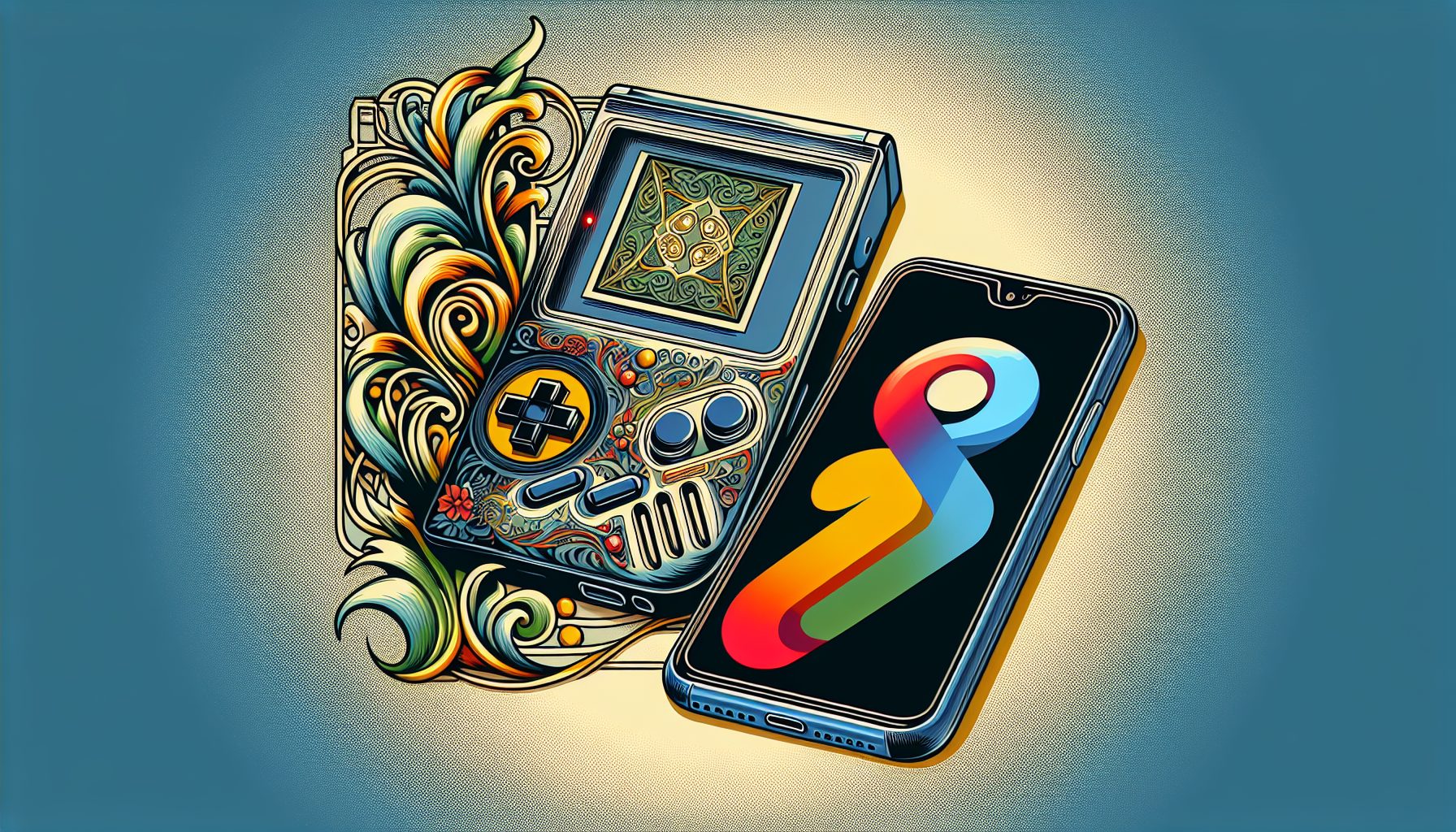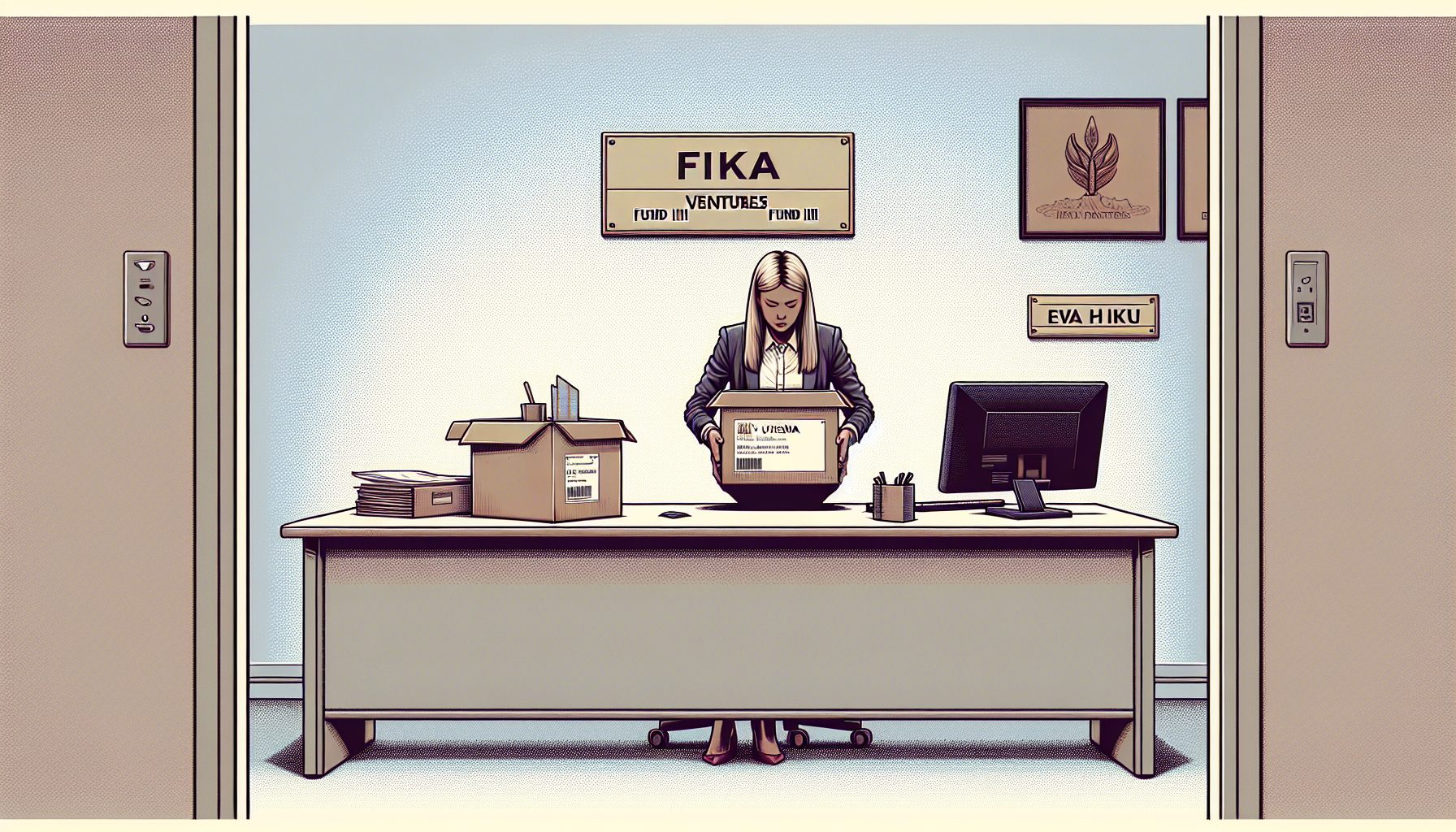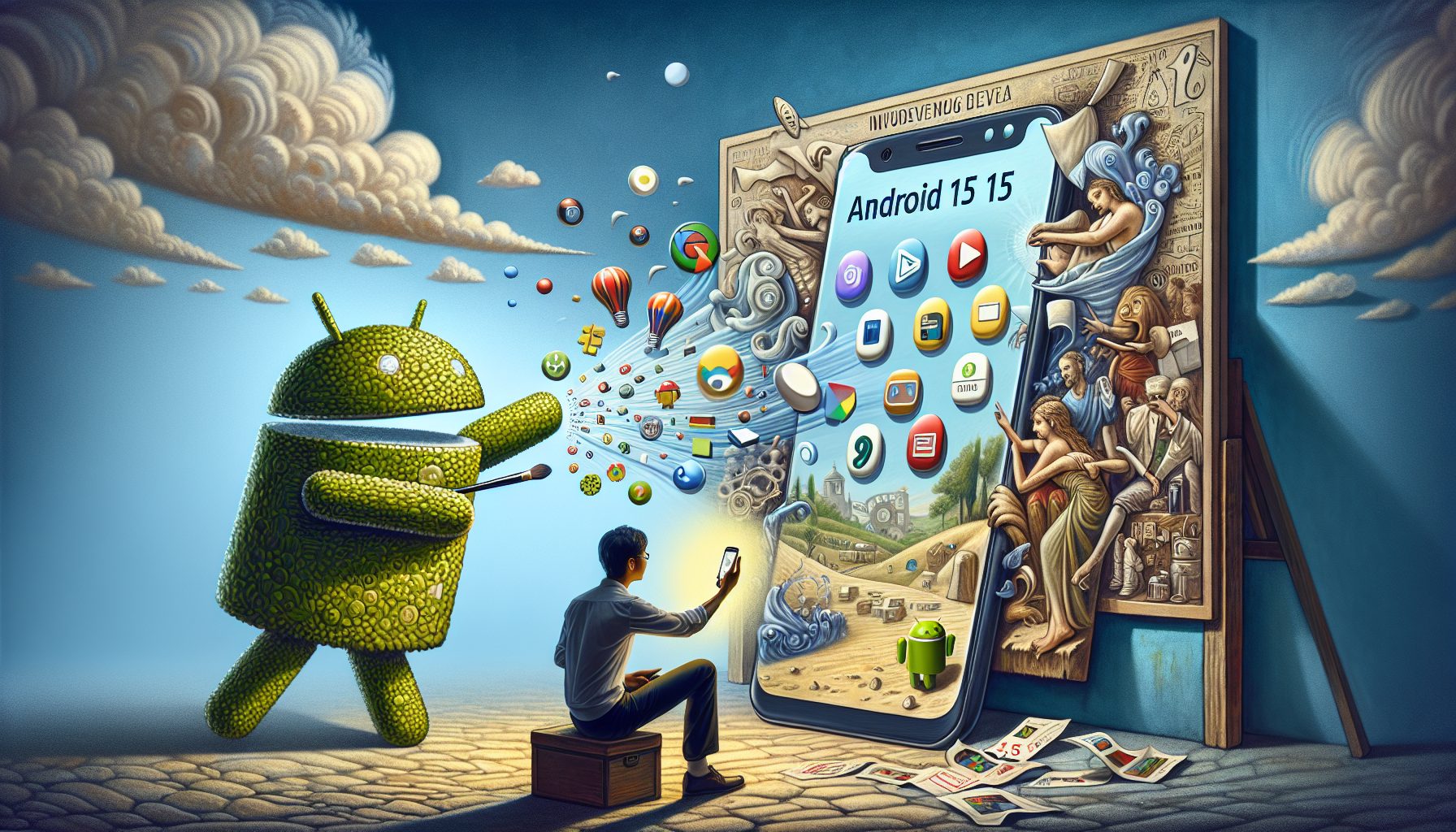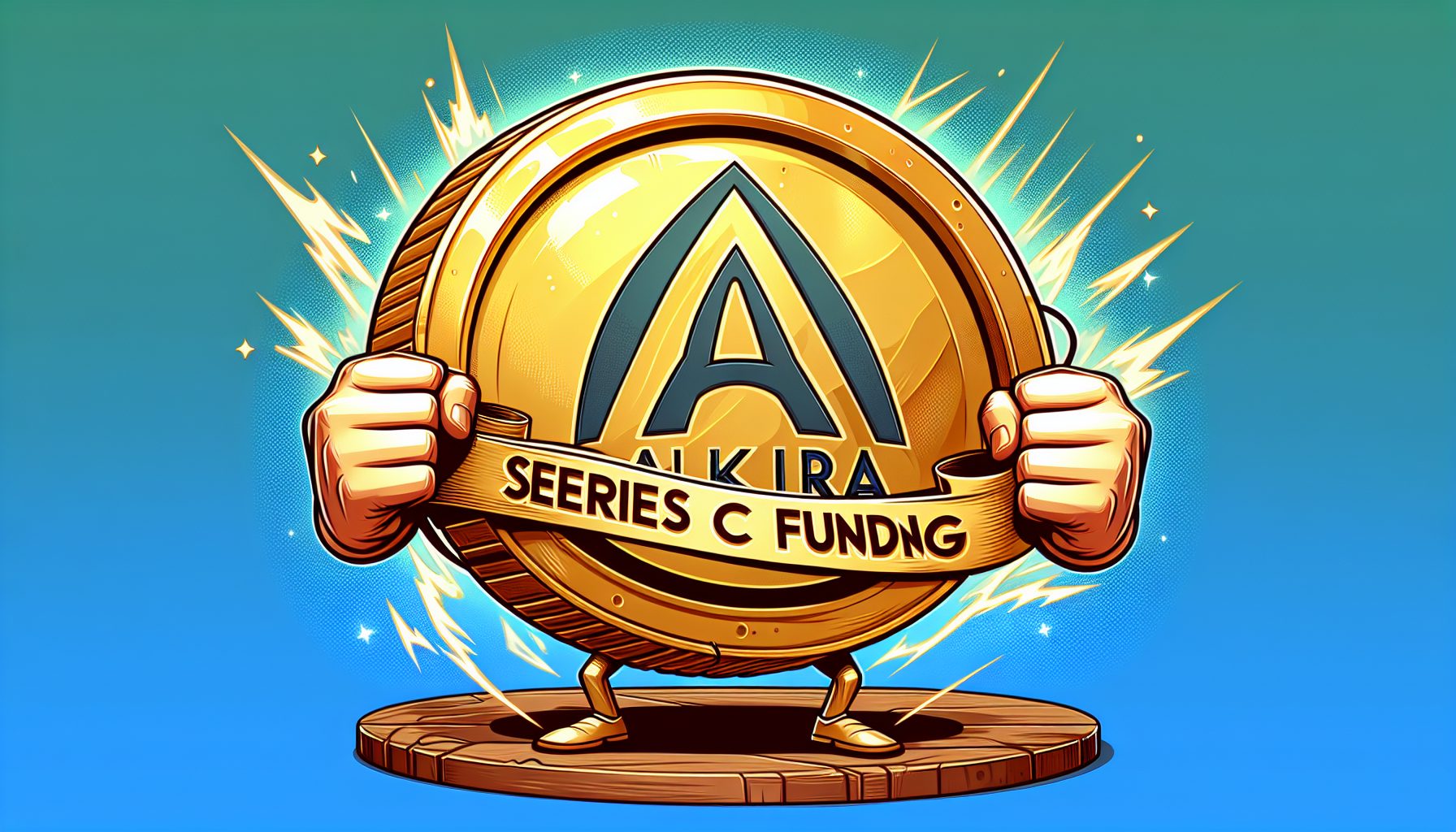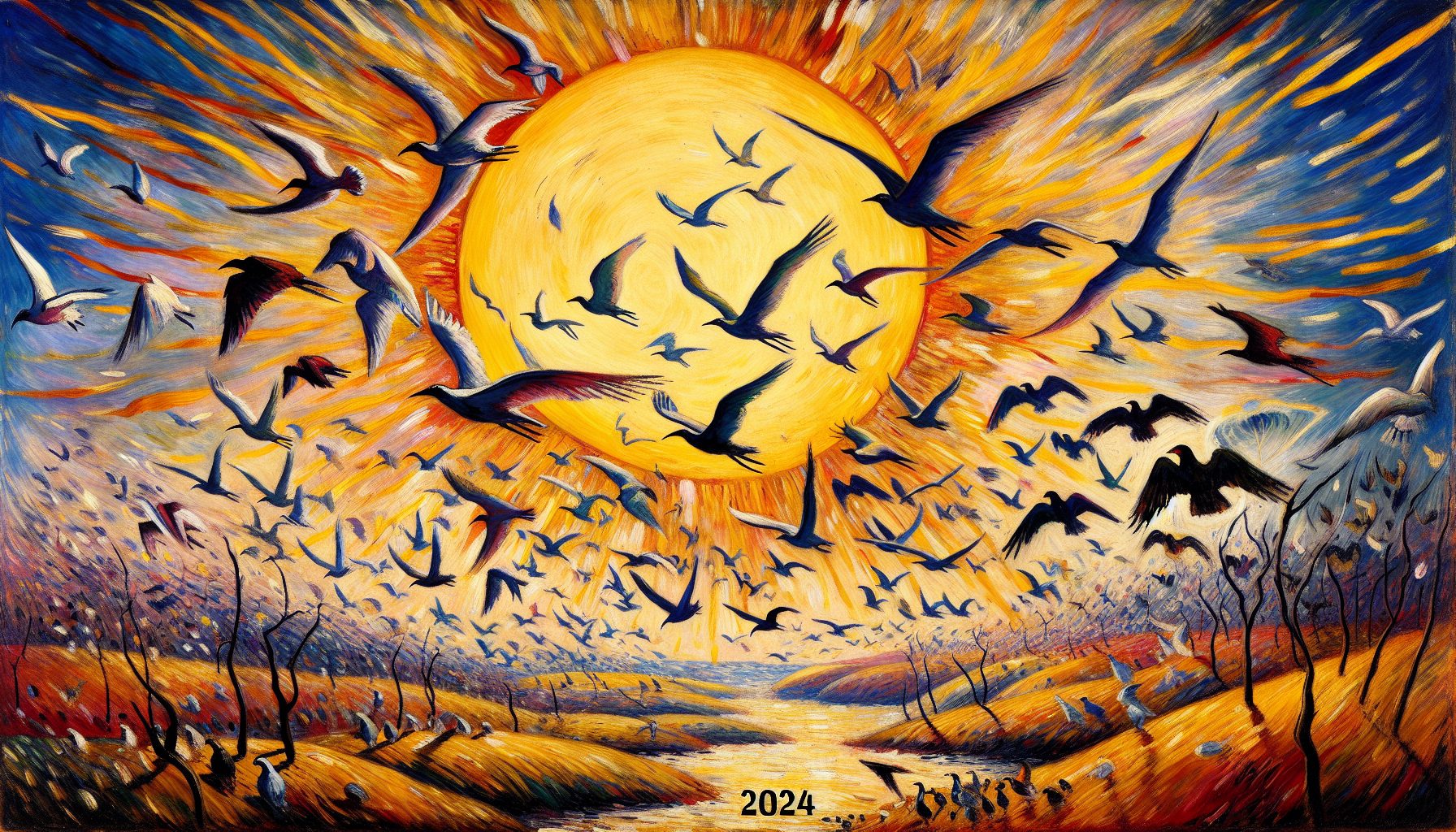In the world of technology, innovation is a double-edged sword. While new advancements continuously reshape our future, some tech products face insurmountable challenges or fail to catch on, leading to their untimely demise. The year 2023 was no exception, as we witnessed the end of several promising yet ill-fated technologies. From Google Glass to Lenovo’s Legion gaming phone line, let’s take a look back at the tech that met its end in this unforgiving market.
Google Glass Enterprise Edition: The Visionary AR Headset That Never Achieved Mainstream Success
Google’s augmented reality headset, Google Glass, was among the tech products laid to rest in 2023. First announced in 2012, Google Glass aimed to revolutionize wearable computing by providing a heads-up display for professionals in industries like agriculture, medicine, and manufacturing. However, its $1,500 price tag, lack of clear functionality, and privacy concerns prevented it from gaining traction among consumers. The Explorer Edition failed to achieve mainstream success and change how we interact with technology in our daily lives.
In a bid to salvage the concept, Google introduced the Enterprise Edition in 2017, targeting businesses with a price tag of $999. The headset found niche adoption in fields where hands-free computing was useful, such as manufacturing and medicine. However, despite these efforts, Google Glass ultimately couldn’t escape its fate. It failed to achieve the success it promised and faded away, leaving behind a trail of unrealized potential.
Lenovo’s Legion Gaming Phone Business: A Struggle to Compete in a Changing Landscape
Lenovo, a prominent player in the technology industry, faced challenges in the gaming phone market. Rumors about the company shutting down its phone business circulated at the beginning of 2023, and in March, a Lenovo spokesperson confirmed the closure. The decision stemmed from a wider business transformation and the consolidation of its gaming portfolio.
Gaming phones, once a potential niche market, struggled to differentiate themselves from regular flagship phones that continuously improved their gaming capabilities. While companies attempted to attract buyers with gimmicks like cooling fans, RGB lighting, and massive amounts of RAM, Lenovo’s Legion gaming phones, despite their top-tier specs and positive reviews, couldn’t compete with more mainstream options. As a result, Lenovo shifted its focus to handheld gaming devices, unveiling the Lenovo Legion Go in September. This redirection reflected the company’s recognition of the changing landscape and its determination to adapt to new market dynamics.
Amazon Halo Brand: A Failed Attempt to Break into the Wearables Market
Not many people were aware that Amazon had a line of fitness trackers until the company decided to pull the plug on its Halo brand in July 2023. Launched in 2020, Halo was Amazon’s foray into the competitive fitness tracking space dominated by Apple, Fitbit, and other established players. However, it failed to gain significant traction against its entrenched rivals.
The Halo brand consisted of three products: the Band, the View, and the Rise. The Band, a basic fitness tracker with controversial features such as measuring body fat with a 3D scan and analyzing voice tone, was launched in 2020. The View, a smartwatch released in 2021, aimed to capture a wider audience. Lastly, the Rise, a sleep tracker and alarm clock, was a recent addition to the Halo lineup. Despite these offerings, Amazon’s attempt to penetrate the wearables market fell short.
In response to the discontinuation of the Halo brand, Amazon announced that it would refund customers who purchased a Halo device or accessory within the past year. Additionally, the company would stop charging for the Halo subscription and delete all the data it had gathered. This decision marked the end of Amazon’s quest to make a mark in the wearables market, reminding us that even giants like Amazon face challenges and setbacks.
Cortana on Windows: Microsoft’s Voice Assistant Bows Out
After years of gradual scaling back, Microsoft discontinued the standalone Cortana app in August 2023. Users were redirected to Microsoft’s new Bing Chatbot and AI Copilot features instead. Cortana’s shutdown signaled the end of Microsoft’s attempt to compete with voice assistants like Siri and Google Assistant in the ever-evolving voice assistant space.
Originally launched in 2014, Cortana aimed to provide hands-free voice control and predictive information on Windows devices, similar to Apple and Google’s assistants. It expanded its reach to Android, iOS, and Xbox over the years. However, Microsoft struggled to generate excitement among consumers for Cortana, and its usage remained niche compared to the competition. By 2021, Microsoft had already ended support for the iOS and Android apps, removed Cortana from the Windows taskbar, and reduced third-party integrations. The company’s focus shifted towards productivity features rather than general assistance.
With the introduction of new AI chatbots like Bing Chatbot and Copilot, Microsoft no longer saw a need for the standalone Cortana app. Its removal streamlined the Windows experience while allowing Microsoft to allocate resources to its new AI priorities. As the original Cortana lives on solely as an AI companion in Microsoft’s Halo videogame franchise, we bid farewell to the once-promising voice assistant that couldn’t keep up with the competition.
Microsoft WordPad: An End to an Era of Simple Text Editing
After over 25 years of free inclusion on Windows PCs, Microsoft announced the discontinuation of the humble text editor, WordPad. The company stated that it would no longer update the app and would deprecate it in a future version of Windows. While never as feature-rich as Microsoft Word, WordPad served as a no-frills text editor that allowed users to compose documents, edit fonts and formats, and save files.
Throughout the years, both Word and Notepad improved, rendering WordPad’s simplicity less relevant. Microsoft recognized that the time had come to bid farewell to WordPad. The app became optional in 2020, and its imminent removal from Windows was confirmed in September. Although WordPad never garnered the same user base as Word, its discontinuation marks the end of an era for a capable writing tool that many grew up using. For those seeking more formatting options, Microsoft suggests using its Office suite, while Notepad remains available for basic text needs.
Omegle: The Anonymous Chat Platform Calls It Quits
In November 2023, the once-popular online chat platform Omegle announced its shutdown after over a decade of connecting strangers for random conversations. Omegle founder Leif K-Brooks cited financial and psychological unsustainability as reasons for closing the anonymous chat site. Since its launch in 2009, Omegle had become a go-to destination for those seeking random connections online. However, the platform increasingly became a target for grooming and online abuse, deviating from its original innocent intentions. The short-form video app TikTok even banned the sharing of Omegle links due to concerns over child safety on the platform.
While Omegle’s anonymous nature allowed for positive cultural exchanges and advice-seeking for some users, the lack of oversight made it difficult to control misuse. After years of fighting uphill battles, Omegle’s founder decided that the platform could no longer withstand the attacks and made the difficult decision to shut it down. With its closure, we bid farewell to a platform that once facilitated unique connections but ultimately succumbed to the challenges of an ever-changing online landscape.
Hyperloop One: The Ambitious Transportation Startup Comes to an End
Hyperloop One, an ambitious transportation startup, aimed to develop a network of tunnels for levitating pods that could travel at mind-boggling speeds of up to 760 mph. With over a decade of work and raising over $400 million in funding, the company demonstrated a working prototype. However, it was unable to secure any customers for its futuristic transportation vision. Layoffs in 2022 and the withdrawal of investment from Sir Richard Branson dealt significant blows to Hyperloop One’s financial sustainability. As a result, the company ceased operations, and its assets, including its test track in Las Vegas, will be liquidated by the end of December 2023.
Hyperloop One’s story serves as a reminder that even groundbreaking ideas and substantial funding are not always enough to overcome the challenges of bringing a new technology to fruition. Despite its potential to revolutionize transportation, Hyperloop One’s inability to attract customers and secure long-term viability led to its unfortunate end.
See first source: Indian Express
FAQ
1. What was Google Glass, and why did it meet its end in 2023?
Google Glass was an augmented reality headset that aimed to provide a heads-up display for various industries. It faced challenges due to its high price, lack of clear functionality, and privacy concerns, preventing it from gaining traction among consumers. Despite attempts to salvage it with the Enterprise Edition, Google Glass ultimately couldn’t achieve mainstream success and was discontinued.
2. Why did Lenovo discontinue its Legion gaming phone line in 2023?
Lenovo’s Legion gaming phones faced difficulty differentiating themselves from regular flagship phones with improving gaming capabilities. Despite having top-tier specs, they struggled to compete with more mainstream options. Lenovo shifted its focus to handheld gaming devices, recognizing the changing market dynamics.
3. What led to the discontinuation of Amazon’s Halo brand in 2023?
Amazon’s Halo brand, consisting of fitness trackers and smartwatches, failed to gain significant traction in the competitive wearables market. It couldn’t compete with established players like Apple and Fitbit. As a result, Amazon decided to discontinue the brand and refund customers who had purchased Halo devices within the past year.
4. Why did Microsoft discontinue Cortana in 2023, and what replaced it?
Microsoft discontinued Cortana due to its inability to compete with voice assistants like Siri and Google Assistant. It redirected users to Microsoft’s new Bing Chatbot and AI Copilot features, focusing on productivity rather than general assistance.
5. What led to the discontinuation of Microsoft WordPad, and when did this happen?
Microsoft decided to discontinue WordPad after over 25 years of inclusion in Windows. The app’s simplicity became less relevant as other text editing options like Word and Notepad improved. It became optional in 2020, and its discontinuation was confirmed in September.
6. Why did Omegle, the anonymous chat platform, shut down in November 2023?
Omegle’s shutdown was attributed to financial and psychological unsustainability. Over time, the platform faced misuse and abuse, deviating from its original intentions. Concerns over child safety also led to actions like TikTok banning the sharing of Omegle links.
7. What were the challenges that led to the end of Hyperloop One, the transportation startup?
Hyperloop One aimed to develop a high-speed transportation network but struggled to secure customers and faced financial difficulties. Layoffs and the withdrawal of investment from key stakeholders led to its cessation of operations and asset liquidation in December 2023.
Featured Image Credit: Photo by Sudan Ouyang; Unsplash – Thank you!



